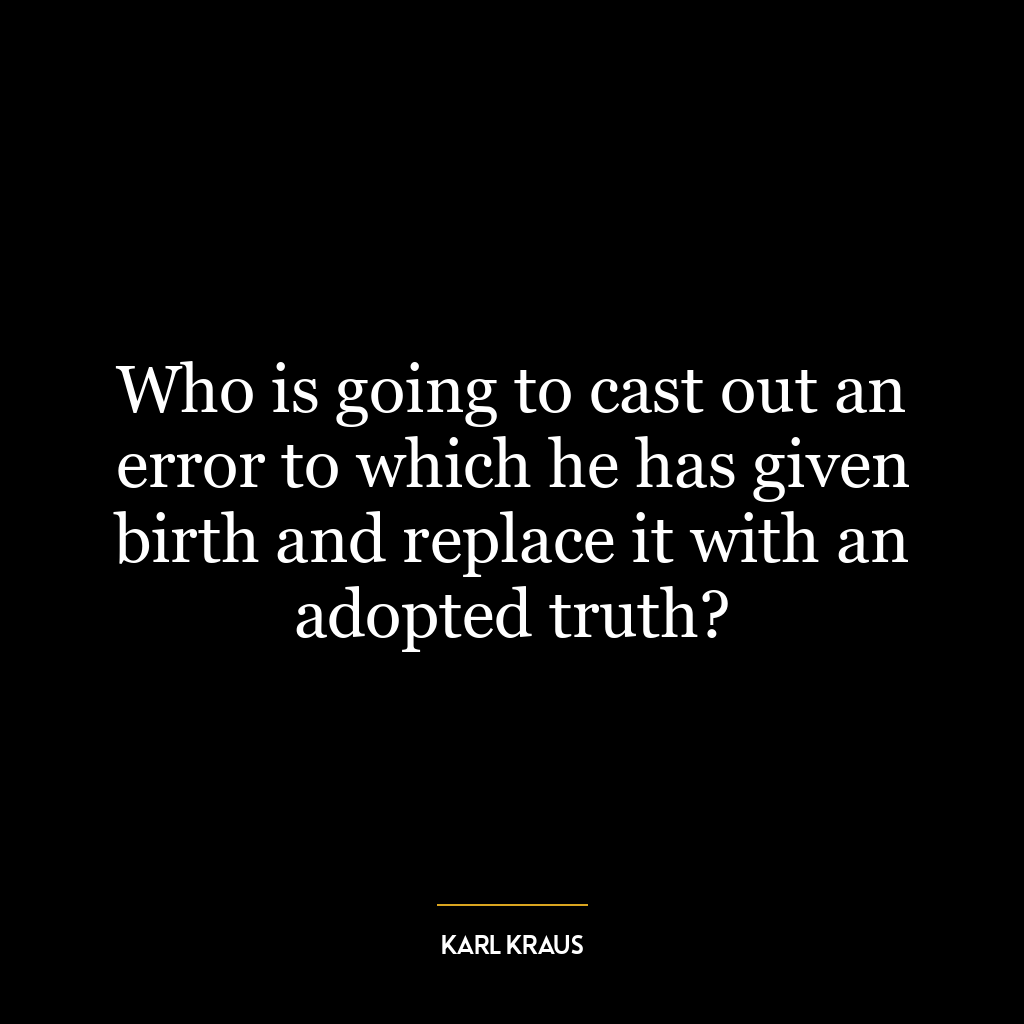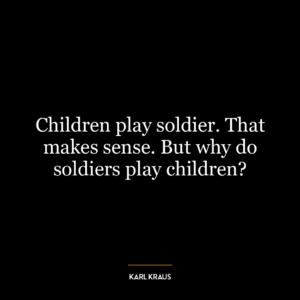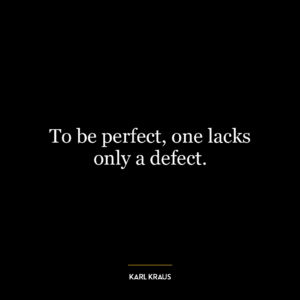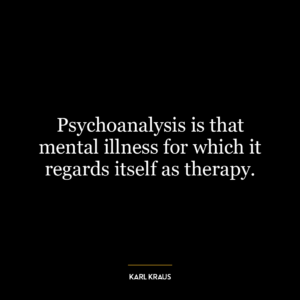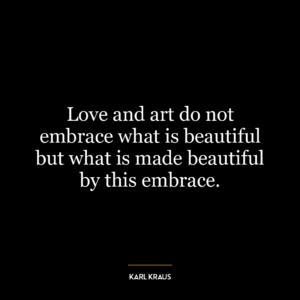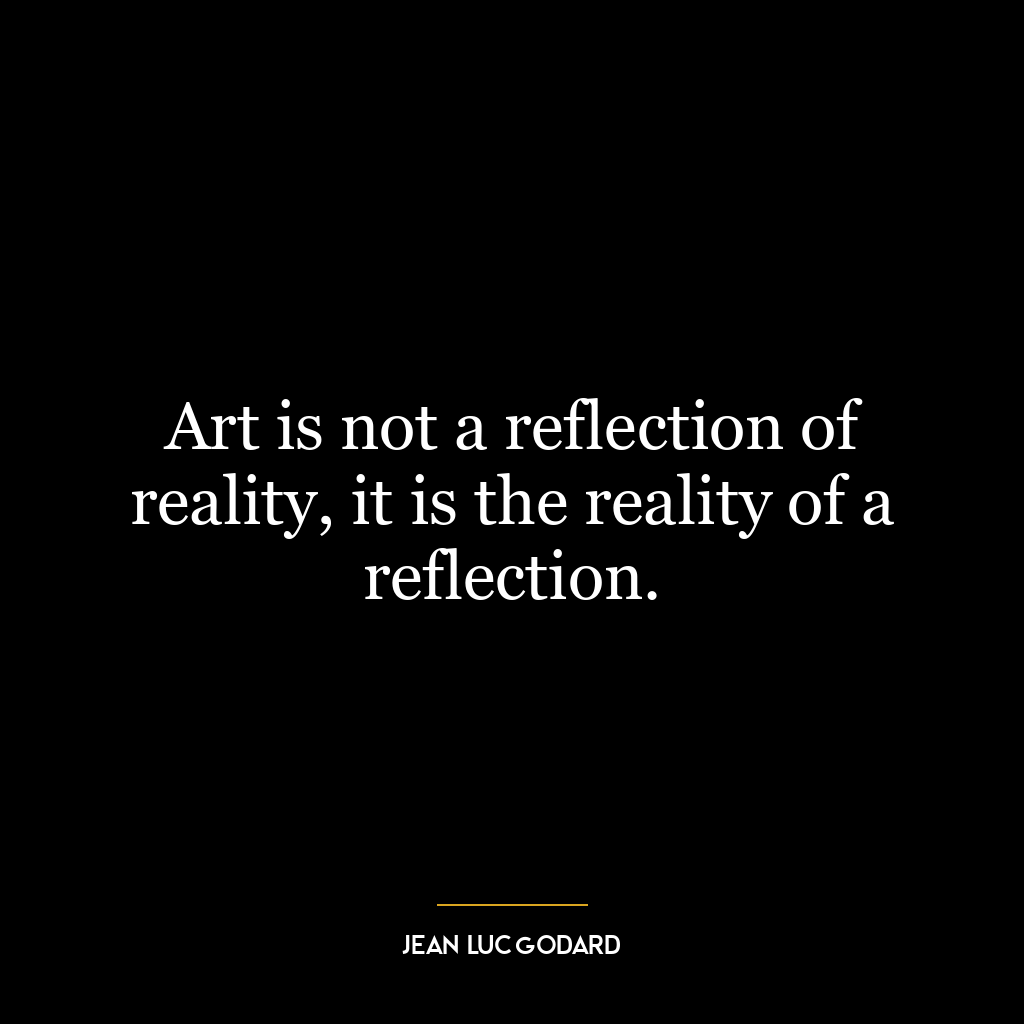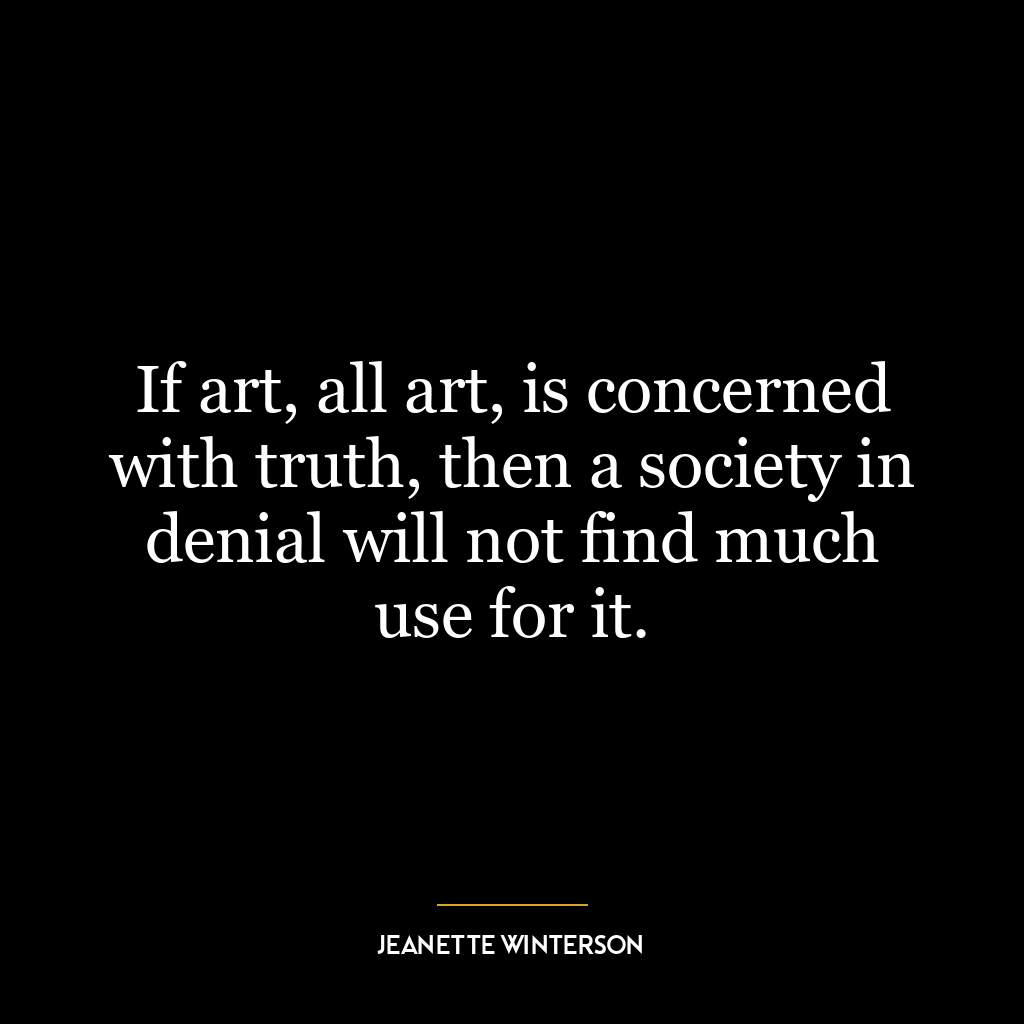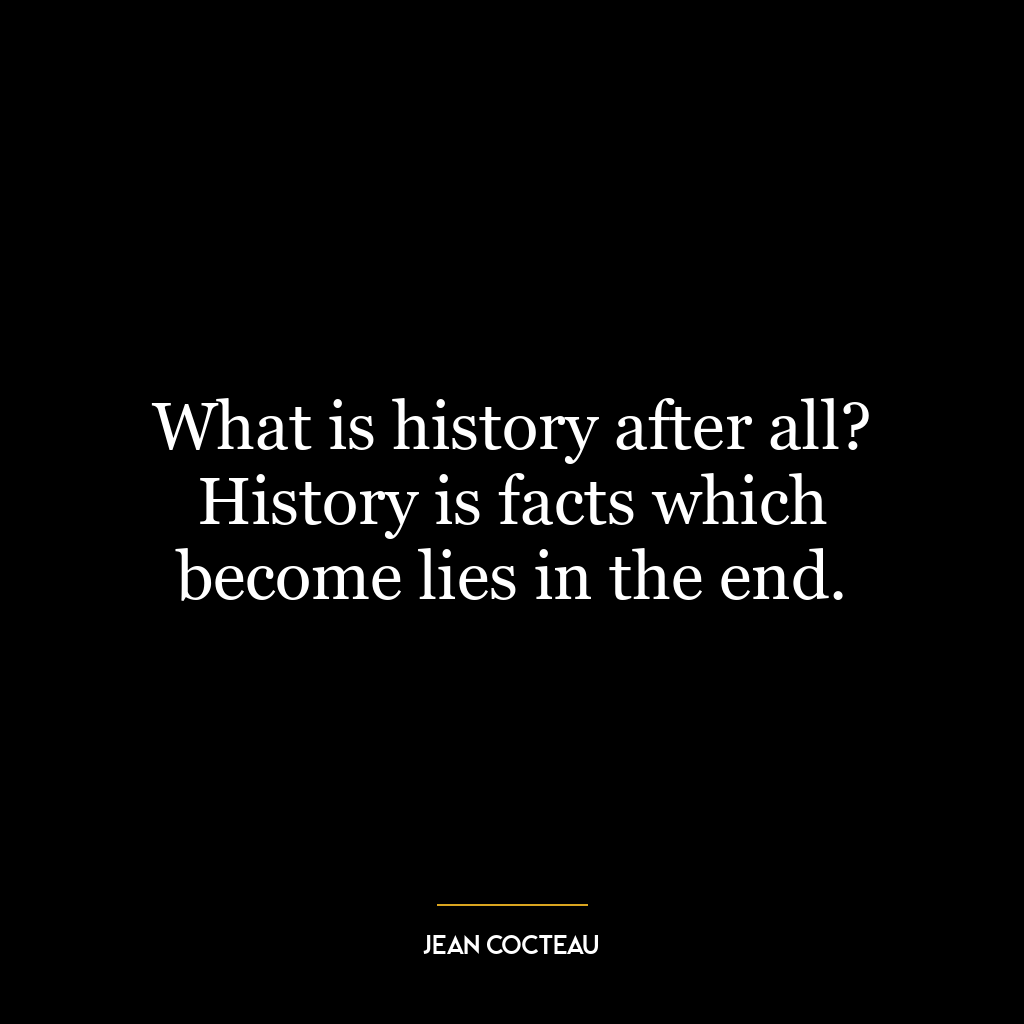Who is going to cast out an error to which he has given birth and replace it with an adopted truth?
In this quote, Karl Kraus is exploring the difficulty of accepting that we might be wrong, particularly when we’ve invested time, energy, and emotion into a particular belief or idea. The “error” he refers to is a mistaken belief or idea that one has conceived or given birth to. The “adopted truth” is a correct or more accurate belief or idea that one might accept or adopt in place of the error.
Kraus is suggesting that it’s incredibly difficult for people to let go of their own erroneous beliefs, even when faced with more accurate or truthful alternatives. This is because our beliefs are often tied to our identities and self-perceptions. Admitting that we’re wrong can feel like a personal failure or deficiency. Moreover, it’s often easier to stick with what’s familiar, even if it’s incorrect, rather than to embrace the unfamiliar, even if it’s true.
This quote is especially relevant in today’s world, where misinformation and false beliefs can spread rapidly and widely through social media and other digital platforms. People often cling to false information that aligns with their preexisting beliefs and reject accurate information that contradicts them. This phenomenon, known as confirmation bias, can contribute to societal polarization and conflict.
In terms of personal development, this quote underscores the importance of intellectual humility, open-mindedness, and the willingness to change our minds in the face of new evidence. It reminds us that being wrong is a natural part of the learning process, not a personal failure. It encourages us to value truth and accuracy over ego and comfort. By being willing to “cast out” our errors and “adopt” new truths, we can grow, learn, and develop as individuals.

